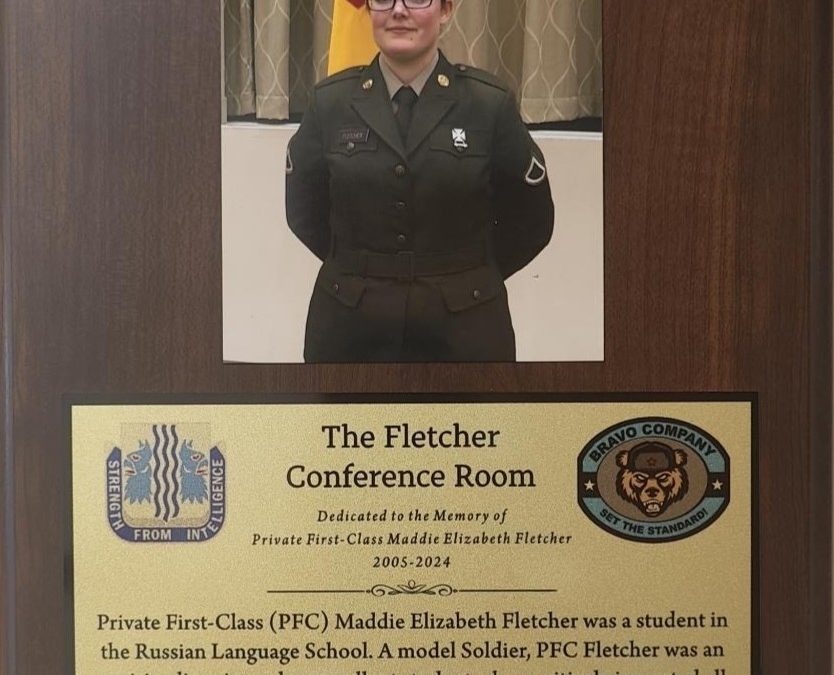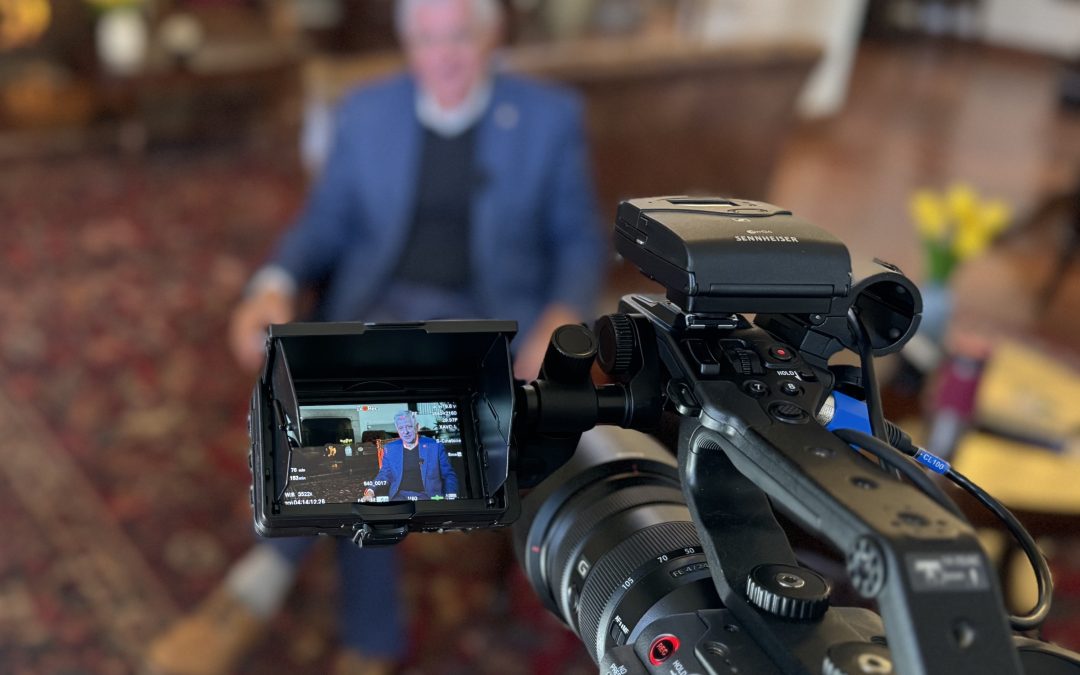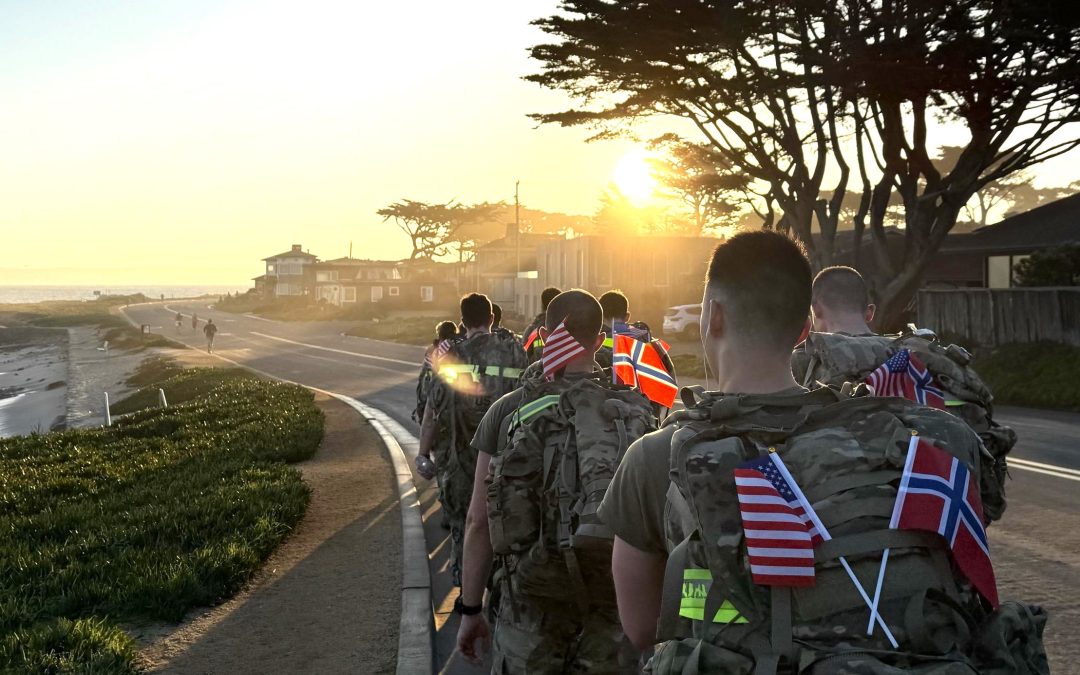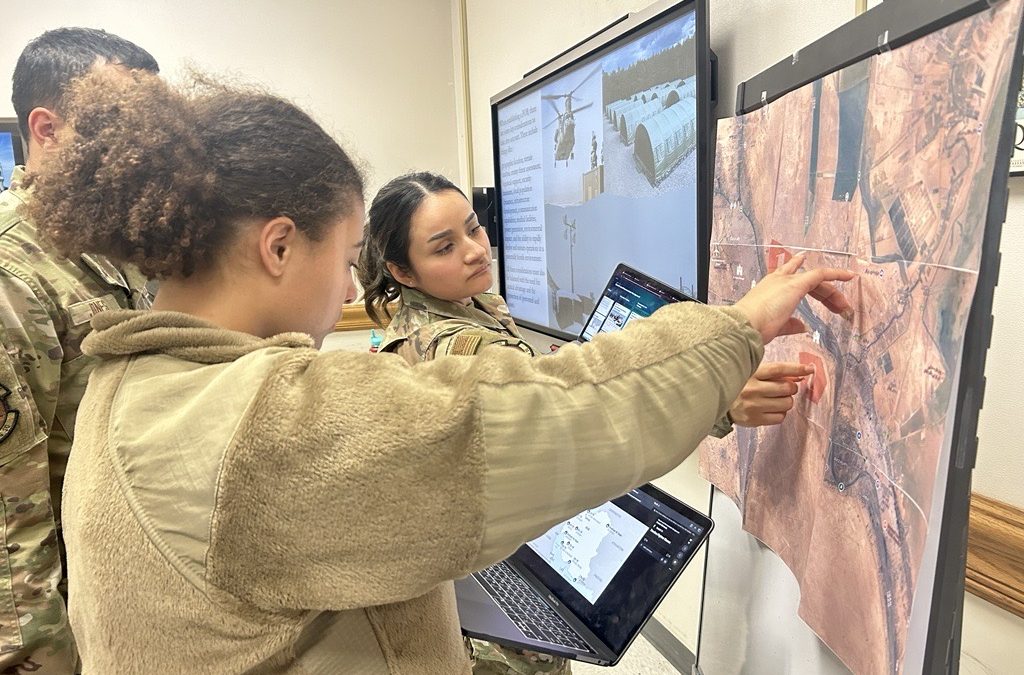By Patrick Bray
DLIFLC Public Affairs

Chinese language students from the Defense Language Institute Foreign Language Center participated in the 43nd Annual Mandarin Speech Contest hosted by the Chinese Language Teachers Association of California at Lowell High School in San Francisco April 28. The event also included performances by students studying Chinese from around the Bay Area to include singing, dancing and poetry. (U.S. Army photo by Patrick Bray/Released)
SAN FRANCISCO – Chinese language students at the Defense Language Institute Foreign Language Center participated in the 43nd Annual Mandarin Speech contest in San Francisco April 28, with 38 DLIFLC students winning awards.
“Our students had an excellent performance at the speech contest,” said Dr. Liwei Gao, assistant dean of DLIFLC’s Asian School I. “This is among the best results that we have ever achieved in recent years.”
Of the 38 awards, seven won first place awards; five won second place; six won third place and 20 received honorable mention in the contest organized by the Chinese Language Teachers Association of California with the purpose of fostering good language skills in Mandarin.
About 400 registered contestants from schools and universities in the Northern California area participated in this contest, in which the DLIFLC students competed with students from U.C. Berkeley, U.C. Davis, U.C. Irvine, the University of San Francisco, San Francisco State University, and many others.
During the day-long competition, the largest of its kind outside of China, students deliver a three to five-minute speech which they wrote, memorized, and delivered on their own, on any topic the student chose appropriate to his or her level of training.

Chinese language students from the Defense Language Institute Foreign Language Center participated in the 43nd Annual Mandarin Speech Contest hosted by the Chinese Language Teachers Association of California at Lowell High School in San Francisco April 28. The event also included performances by students studying Chinese from around the Bay Area to include singing, dancing and poetry. (U.S. Army photo by Patrick Bray/Released)
Following the speech portion and prior to the awards, Chinese language students perform songs, dances or poetry relevant to the history and culture of China.
Established in 1962, CLTAC, is a nonpolitical, nonprofit educational and professional organization that seeks to promote the study, teaching and research of the Chinese language and culture and provides a platform for Chinese instructors to share and exchange teaching experience, ideas and information. The annual speech contest rewards excellence in speaking and comprehension.
DLIFLC provides resident instruction in 17 languages at the Presidio of Monterey, California, with the capacity to instruct another 65 languages in Washington, D.C. The Institute has graduated more than 220,000 linguists since 1941.
In addition, multiple language training detachments exists at sites in the U.S., Europe, Hawaii and Korea, spanning all the U.S. geographic combatant commands in support of the total force.




